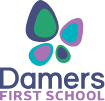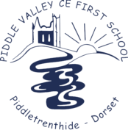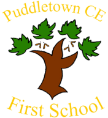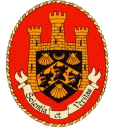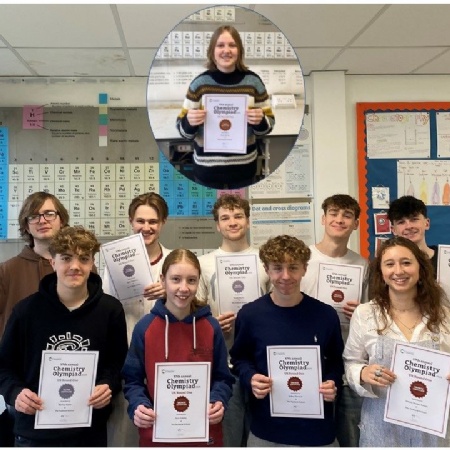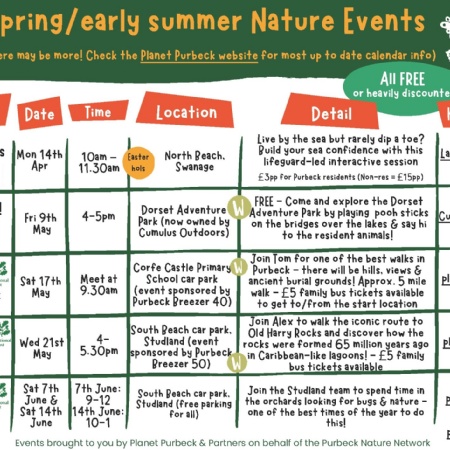
English

Why Study English at The Purbeck School?
Literacy and the ability to read, write and communicate are at the heart of learning and of later successes in life. At The Purbeck School, we take enormous pride in our ability to challenge students in these three core areas in order to help them reach their potential. Through engaging lessons which stimulate discussion, we foster an environment in which students are confident in their ability to express their understanding and opinions on a wide range of texts – both fiction and non-fiction. We promote a culture in which reading is celebrated and through strong links with the ‘Learning Resources Centre’, we are able to encourage students to read for pleasure so that they develop the literacy skills needed to become increasingly confident in their ability to express their own ideas and opinions. The novels and plays we have chosen to study contain timeless themes such as ‘inequality’, ‘abuse of power’ and remain entirely relevant and engaging for students today.
Each year we try to enrich our curriculum by allowing students opportunities to see texts in context. In the past we have taken students to see productions such as ‘War Horse’, ‘An Inspector Calls’, ‘Curious Incident of the dog in the Night-time’ and ‘Matilda’. We also encourage our students to write for real audiences by setting termly competitions within the faculty.
How is English taught?
- KS3 – Students are taught in mixed ability classes for seven hours each fortnight.
- KS4 – Students are taught in mixed ability classes for eight hours each fortnight.
- KS5 – Students are taught (normally shared across two members of staff) for nine hours each fortnight.
Rationale and ambition for The Purbeck School English Curriculum:
- Our English curriculum aims to transmit a culturally enriching knowledge of literature to students by drawing from the literary Canon and also texts that reflect wider voices in a diverse society, developing the cultural capital of students at the school.
- Our English curriculum aims to develop empathetic and engaged citizens through careful text choice, reflecting contemporary concerns and debates such as those about class, gender and intolerance and discrimination.
- Our English curriculum aims to support students in developing confidence in expressing their own views and opinions.
- Our English curriculum aims to prepare students for work and life through the development of soft skills such as communication, teamwork, adaptability, problem solving, public speaking and leadership.
- Our English Curriculum aims to offer suitable challenge to students of all abilities.
Key concepts:
The concepts that The Purbeck School English curriculum aims to support student progression in are:
- Form, structure and coherence – understanding that texts are organised with intent.
- Spelling, punctuation and grammatical rules – understanding word classes, key spellings, sentence forms and varied punctuation.
- Awareness of Impact and Intent – Understanding that writing is shaped by the priorities of a writer and the needs of a reader, including the teaching of genre, audience and purpose.
- Context – understanding how production and reception shape meaning.
- Evidence – Understanding how to read and listen for meaning and use evidence from texts to support personal and critical viewpoints.
- Methods – Understanding how writers and speakers choose from a variety of methods to communicate and engage readers and audiences.
If you want to read more about our progression model across the KS3 curriculum, you can read about this here.
If you want to find out what our students will be studying in their individual units then please use the links below:
Year Seven:
- Unit One: Descriptive writing can be read about here.
- Unit Two: Animal Farm can be read about here
- Unit Three: Animal Farm (part 2) can be read about here
- Unit Four: Exploring Poetry can be read about here, and (student version) here
- Unit Five: 'The Tempest' (pt1) can be read about here and (student version) here
- Unit Six: 'The Tempest' (pt2) can be read about here and (student version) here
Year Eight:
- Unit One: Jekyll and Hyde can be read about here
- Unit Two: How do writers create mystery and tension can be read about here
- Unit Three: How writers present power and protest can be read about here
- Unit Four: How writers present identity and diversity can be read about here, and (student version) here
- Unit Five: 'Much Ado About Nothing' can be read about here and (student version) here
- Unit Six: 'In the Sea there are Crocodiles' can be read about here and (student version) here
Year Nine:
- Unit One: Dystopian writing can be read about here
- Unit Two: The Woman in Black can be read about here
- Unit Three: Pygmalion and a study of rhetoric can be read about here
- Unit Four: Poetry: Worlds and Voices can be read about here, and (student version) here
- Unit Five: The Sign of the Four can be read about here
Year Ten:
Unit One: Macbeth can be read about here
Year Eleven:
Unit One: GCSE Language Paper One: https://www.aqa.org.uk/subjects/english/gcse/english-language-8700/assessment-resources
- If you want to read how we assess pupils’ progress through the English curriculum, you can read about it here.
- If you want to read about how our students make progress when studying literature, you can read about that here
- If you want to read about how we support students with developing reading comprehension skills, then click here.
- If you want to read about how we support students with making progress in their writing, you can read about it here.
- If you would like to read about how we support students with SEND, you can read about it here.
- If you want to know more about how our students develop knowledge of rhetoric, then click here.
Revision Grids
Useful links:
- National Curriculum English: https://www.gov.uk/government/publications/national-curriculum-in-england-english-programmes-of-study
- GCSE and A level Specifications: https://www.aqa.org.uk/subjects/english



